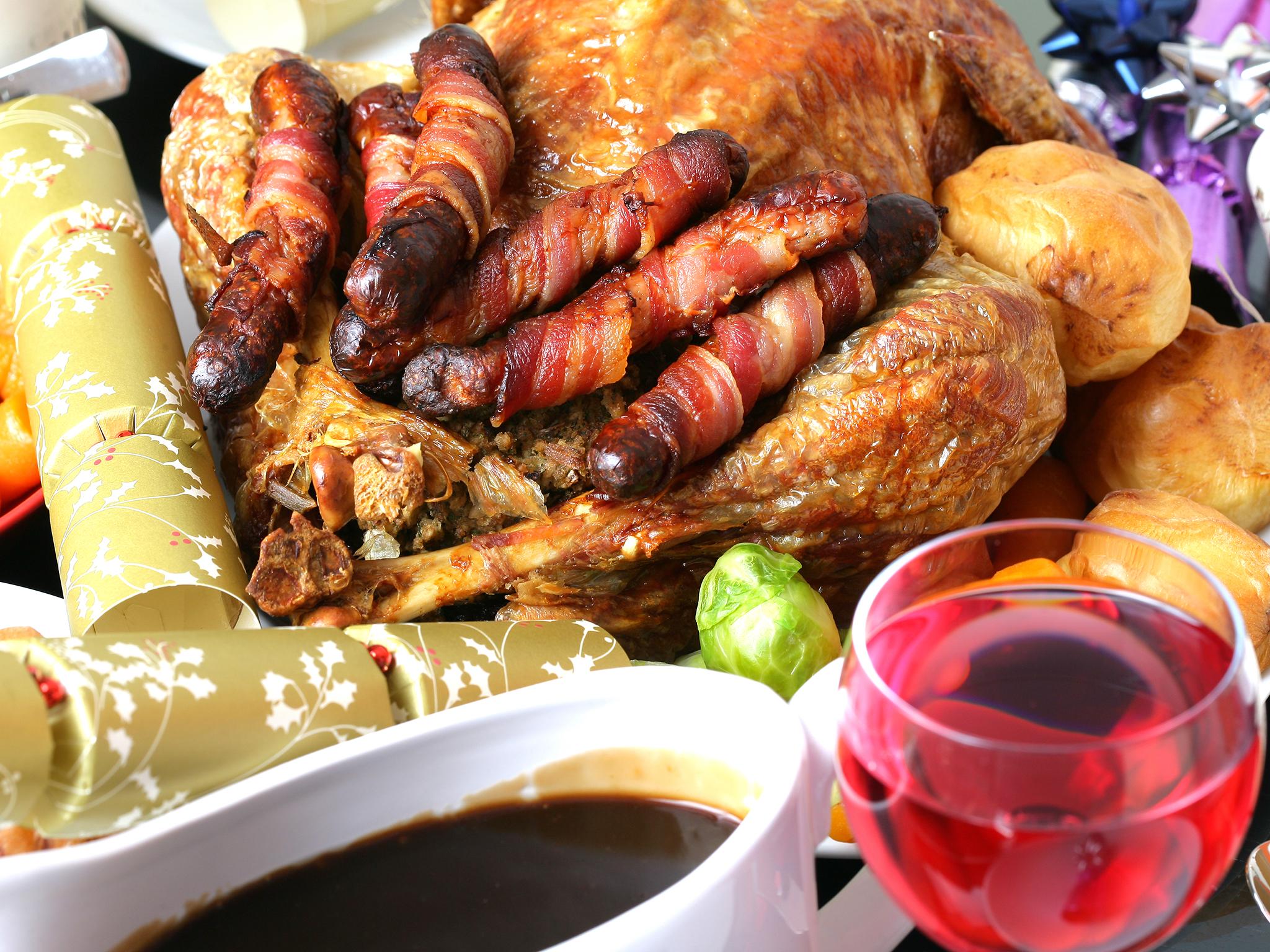Risk of heart attack increases over Christmas period due to 'lack of access' to medical facilities, new research suggests
Experts suggest health sufferers are less likely to seek medical care and advice over Christmas - with many travelling away from home for the festive period

Your support helps us to tell the story
From reproductive rights to climate change to Big Tech, The Independent is on the ground when the story is developing. Whether it's investigating the financials of Elon Musk's pro-Trump PAC or producing our latest documentary, 'The A Word', which shines a light on the American women fighting for reproductive rights, we know how important it is to parse out the facts from the messaging.
At such a critical moment in US history, we need reporters on the ground. Your donation allows us to keep sending journalists to speak to both sides of the story.
The Independent is trusted by Americans across the entire political spectrum. And unlike many other quality news outlets, we choose not to lock Americans out of our reporting and analysis with paywalls. We believe quality journalism should be available to everyone, paid for by those who can afford it.
Your support makes all the difference.With rich, indulgent food and health regimes out the window, it may hardly come as a surprise that the rate of heart attack increases around the festive period.
While US-based studies have suggested a direct link between the Christmas holidays and increased risk of cardiac arrest, it was previously believed to be due to the colder and more difficult weather in winter months.
But new research from the University of Melbourne has established that it could be more a lack of access to hospitals, along with stress and poor diet, that causes heart attacks to be at their most frequent during the festive season.
Analysing 25 years’ worth of death records mentioning heart attacks between Christmas and the first week of January, experts compared the results with deaths caused during summer months in the southern hemisphere.
The research, published in the Journal of the American Heart Association, revealed a 4.2 per cent increase in heart-related deaths occurring out of hospital during the Christmas period in New Zealand.
Victims of were also found to be younger during this time - with the average age of cardiac death at 76.2 years compared with 77.1 during other times of the year.
Lead author and researcher at the Centre for Health Policy at the University of Melbourne, Josh Knight, said by using data from a country where Christmas occurs in the height of summer, he was able to separate any “holiday effect” from the “winter effect”.
Discussing the results of the study, Mr Knight said it was important to understand whether restricted access to healthcare might be combined with other risk factors such as emotional stress and alcohol consumption to contribute towards the rise in cardiac deaths.
It has also been suggested that sufferers are less likely to seek medical care and advice during the Christmas period - with many travelling and finding themselves far away from a hospital or doctor.
“The Christmas holiday period is a common time for travel within New Zealand, with people frequently holidaying away from their main medical facilities,” said Mr Knight.
Those with terminal illnesses may also be more likely to fight to live until Christmas Day, he said, a theory that has been both confirmed and disproved in other studies.
The symptoms for heart attack can be different for both men and women. NHS Choices suggests when heart attack is suspected, call 999 immediately and ask for an ambulance.
Typical signs someone may be having a heart attack:
- Sensation of uncomfortable pressure, squeezing, tightness or pain the centre of chest
- Pain or discomfort in one or both arms (often the left arm), back, neck and/or jaw - it can feel as if the pain is travelling from your chest to your arms.
- Dizziness or feeling light-headed
- Sweating
- Nausea and vomiting
- An overwhelming sense of anxiety
- Coughing or wheezing
Some people may only experience minor pain, similar to indigestion. In some cases, there may not be any chest pain at all - especially in women, the elderly, and people with diabetes.
The NHS recommends that victims of heart attack rest while waiting for an ambulance to arrive and for one aspirin tablet (300mg) to be taken if easily available.
Join our commenting forum
Join thought-provoking conversations, follow other Independent readers and see their replies
Comments